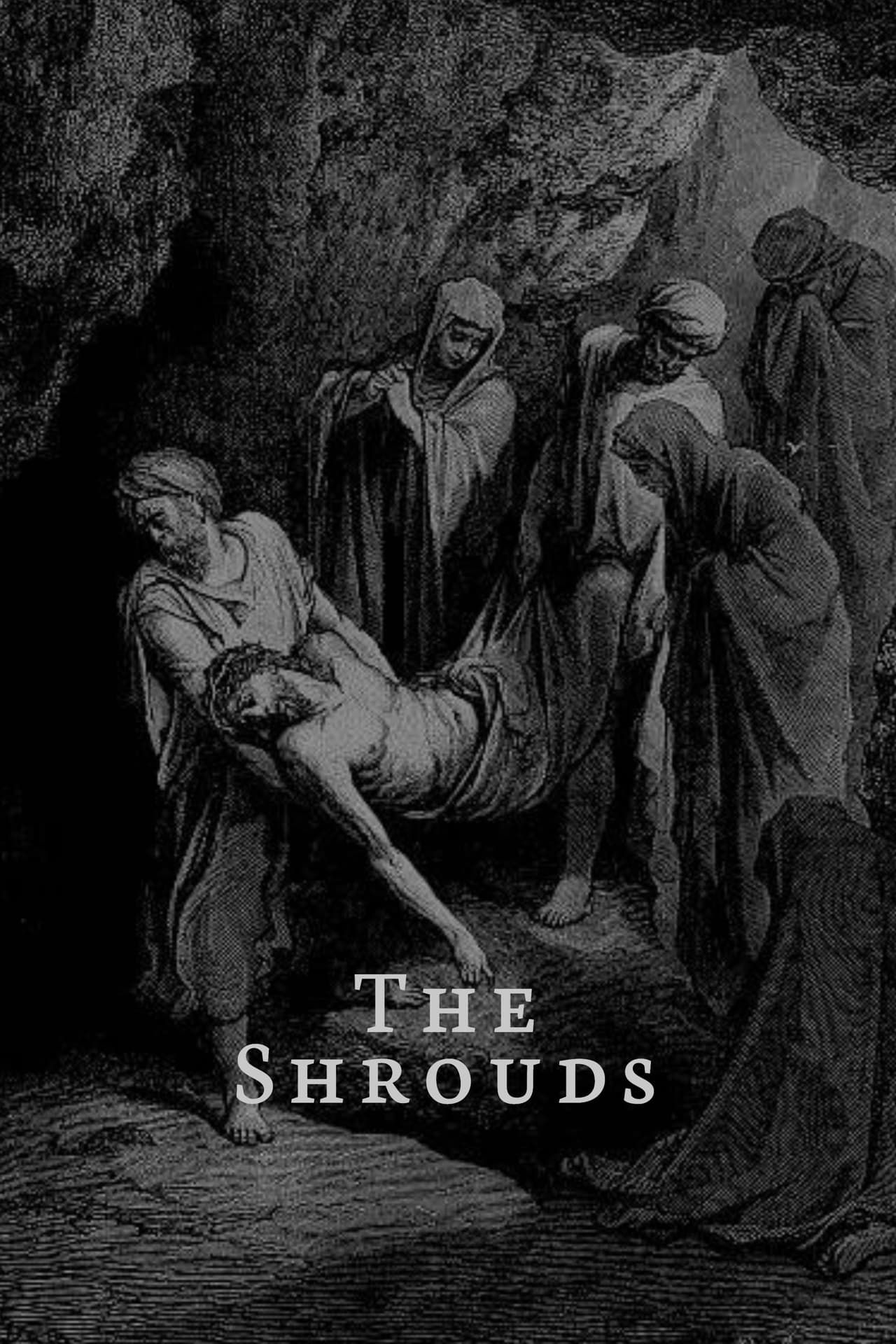Summary
- Step outside your comfort zone with Cronenberg’s exploration of grief strategy in The Shrouds.
- Gain emotional connection with the characters through the empathetic script and outstanding performances.
- Look at the story through an empathetic lens to understand the complexities of grief and avoidances revealed.
In the opening sequence of David Cronenberg’s eerie tale of grief and conspiracy, Karsh (Vincent Cassel) experiences a nightmare, in which his dead wife’s corpse gets destroyed. He awakens in a dentist’s chair, during which his doctor asserts that grief is rotting his teeth. How a simple scene could possess such rich connotations for the story to come is a testament to Cronenberg’s creativity and value of thematic storytelling. His latest, The Shrouds, is a mysterious yet comforting fable about handling grief and sorrow, and the resulting way our minds creatively avoid them.
Karsh, 50, is a well-known businessman. Inconsolable since the death of his wife, he invents a revolutionary and controversial system, GraveTech, which allows the living to connect with their loved ones lost in their shrouds. One night, several graves, including that of his wife, were vandalized. Karsh then sets out to find the culprits.
- Cronenberg steps outside his filmmaking norm to explore grief strategy.
- The empathetic script enables you to connect emotionally with the characters’ grief.
- Vincent Cassel & Diane Kruger make a great team on screen.
- It’s easy to become puzzled by the various conspiracies that emerge.
- The dialogue is often over-explanatory.
The Shrouds Tests Our Understanding Of Grief With Conspiracy
Karsh owns a restaurant adjacent to a cemetery, of which he has part ownership. For this cemetery, he invented a revolutionary system called GraveTech, which enables loved ones to see inside graves and connect with their deceased loved ones. Upon observing bizarre things in the 3D picture of his late wife Becca’s (Diane Kruger) corpse, Karsh solicits the help of family and friends to find answers. While his sister-in-law, Terry (also played by Kruger), merely thinks it’s a grief strategy, conspiracy theories run wild and reveal a paranoia in him that deepens his grief even further.
The troubles for Karsh don’t end there. One day, he finds the cemetery vandalized and destroyed; certain grave sites are damaged, including that of his late wife. Taking it upon himself to investigate what really happened, it opens up a window of vulnerability and revelation that Karsh has never felt before. As a result, a complex storyline emerges full of conspiracy, doubt, mistrust, and avoidance. Truthfully, Cronenberg’s film is a testament to his understanding (and struggle) with mortality and our desperate need to always have an explanation for the bad things that happen to us.
The Shrouds Works Best When Viewed Through An Empathetic Lens
Cronenberg’s latest feels very experimental
Losing a loved one is never easy, no matter how much time we had with them. Often, our minds are so easily warped with strange thoughts, blame, and/or explanations due to being stricken with such deep sorrow that it’s nearly impossible to face the truth right in front of us. Cronenberg tackles this not only with creativity, but with a sincere and judgment-free space for us to find emotional connection. An obvious inspiration pulled from experiencing losing his wife Carolyn to cancer, Cronenberg delivers a subdued horror film on grief, which feels unlike any of his previous works.
Cronenberg’s direction is akin to an experimental love letter to broken souls overcome by despondence and heartache. He uses otherworldly imagery, AI, and avant-garde storytelling to grant us insight into someone else’s grief thematically and visually. At its best, The Shrouds warmly invites us to go on a conspiracy journey with Karsh and Terry to fully understand his mental state at the time of ruination. But in doing so, it’s easy to get lost in the complicated turn of events if you don’t look at this story through an empathetic lens.
It’s easy to get lost in the complicated turn of events if you don’t look at this story through an empathetic lens.
The plethora of conspiracy theories and side stories in The Shrouds are a manifestation of what our central character is going through. Though the dialogue can get heavy at times, it’s through these deep conversations that the obvious emerges. Karsh is seeking answers everywhere except within. This isn’t a story about what has happened to his wife. It’s a compelling revelation about what happens when we avoid the truth standing right in front of us. For Karsh, that means looking for human connection anywhere, whether through a new client like Soo-Min (Sandrine Holt) or even his late wife’s twin sister.
It goes without saying, but Cronenberg’s latest has the ability to hit us in ways we couldn’t predict. At some point, we all become a direct product of grief strategy. It’s rare when a film can reveal the obvious to us in ways that hit home. But when it does, it makes us appreciate the storytelling that much more, even if it takes deep reflection and introspection. With striking performances and a hypnotic showcase of mental spiraling (when the cause is grief), The Shrouds is what happens when a filmmaker chooses to reveal a mysterious side of humanity with an empathetic view.
The Shrouds premiered at the 2024 Cannes Film Festival.




